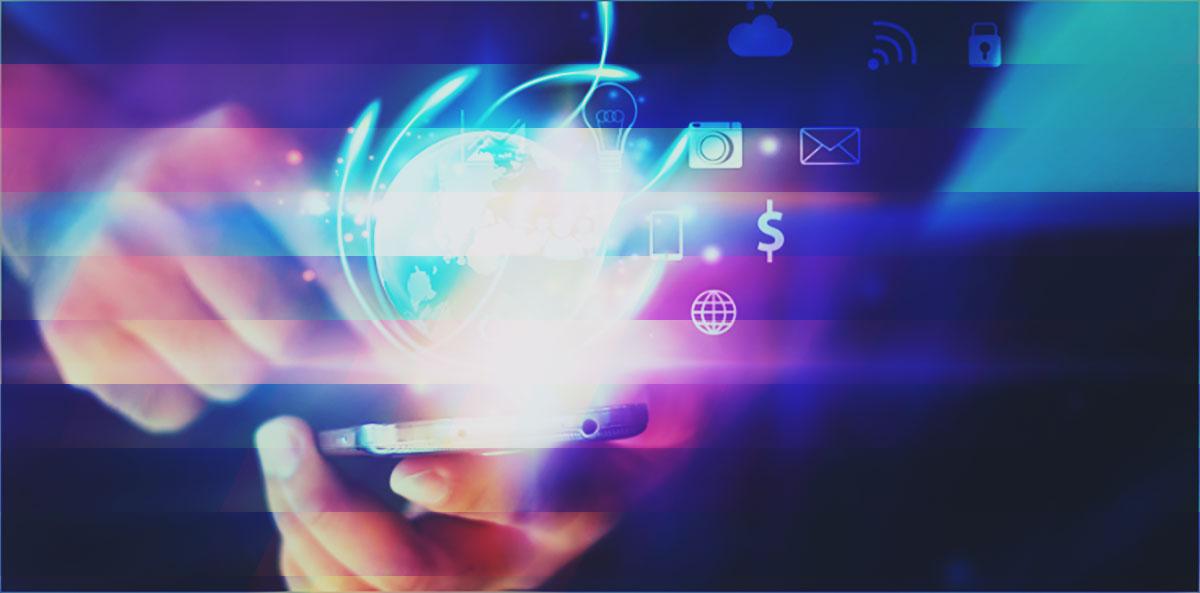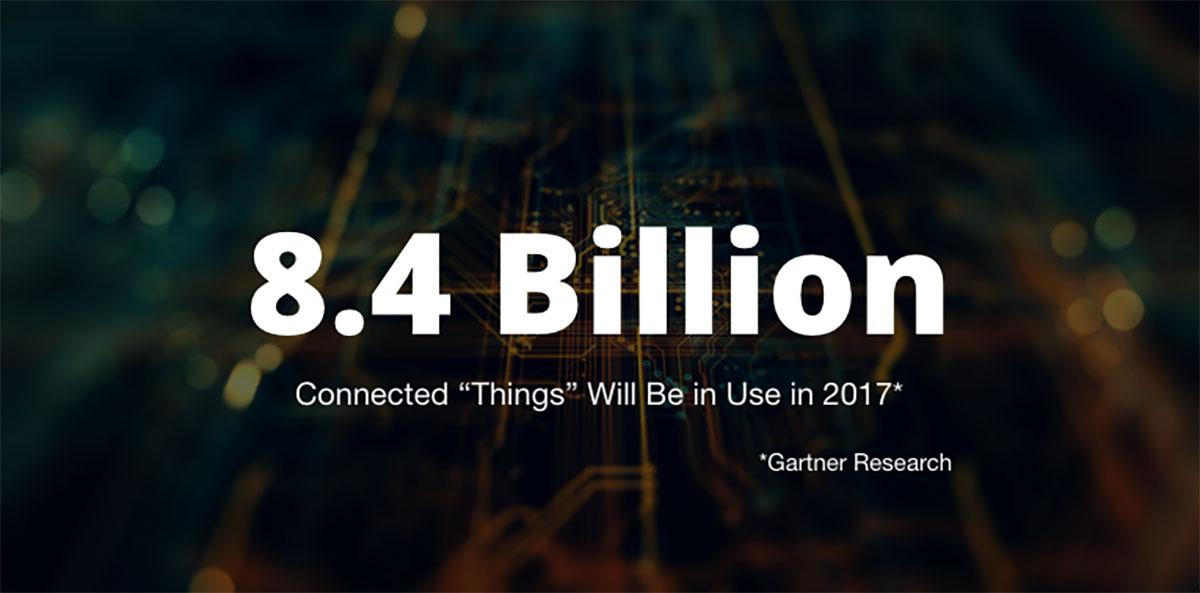How Technology is Changing Our Culture, Our Lives and Our Minds
It doesn’t take a PhD in Anthropology or Sociology or any other “ology” to realize humanity is rapidly evolving. Just look at the basic behavioral differences between Boomers, Gen Xers and Millennials. Each generation works, plays and communicates quite differently; primarily because of the technology made available at various stages of their lives. The ways in which we engage with one another has been completely transformed by easy, immediate access to information – right there in the palm of our hand.

As recently as 2000, the very notion of mobile web technology was still a highly innovative idea. Smartphones were little more than a sci-fi pipe dream and only James Bond had anything close to an Apple Watch. But digital technology has made a quantum leap since then and brought our entire species along for the ride.
One of my favorite courses as an undergrad focused on the discipline of Biological Anthropology; the ethnographic study of how human evolution and physicality might be influenced by social, cultural and other environmental factors.
Today, technology and anthropology are more intertwined than ever. It’s changing our world a little more every day, but we don’t often notice the change until long after it’s occurred, because it’s based on our own behavior (both individually and, more often, collectively). That’s basically what Anthropology is: The way societies and cultures develop and accept certain standards and expectations. And as new ways of thinking are adopted, old ways of thinking fall away. Literally.
Our Brains Are Evolving
Think about your spouse or child or best friend. Think about how much you love them. Now think of their cell phone number. If you’re like me, you can’t. Not knowing that number doesn’t make you a bad person. Or an idiot. You didn’t make a conscious decision to forget their number (or never learn it). The fact is technology takes care of that for you now.
The real question is: What would you do if you lost your smartphone? Most of us would rather lose our wallets. The very thought of being untethered puts me into a near panic and I find myself planning scenarios of how I’d handle such an emergency.
But that’s just the most obvious example. Plenty of other technology is already rewiring our brains by eliminating the need to dedicate valuable headspace to mere data storage. The day is coming when you might not know where your favorite grocery store is, because all your food is delivered wherever you are or some driverless vehicle transports you there when you click the app. And you won’t mind a bit, because your brain is being freed up for more important things.
Our Machines Are Learning
Own an Amazon Echo? Ever ask Siri for restaurant ratings or Alexa to access your favorite playlist? These machines aren’t just glorified filing cabinets capable of locating info at lightning speed. They’re also capable of applying algorithms that measure results from previous interactions and adjust performance accordingly (so you don’t have to give them as much information next time). That type of machine learning is going on around us every day. In fact, there are now more machines connected to the Internet than people.

Of course, a far more sophisticated level of machine learning is also being applied to the marketing and advertising we experience every week. Digital media systems (like ModernImpact’s Intelligent Pixel® platform) learn to recognize, analyze and target micro-profiled consumers with hyper-customized messages – in real time – and then create look-alike audiences that expand the potential market.
Think about that. Machines are now accessing much of our information, measuring most of our digital activity and monitoring much of our behavior. All so they can help manage our lives. To some, that level of access and involvement seems a little frightening – until you threaten to take it away.
Our Skills Are Migrating
If you’re a retail cashier or file clerk, the US Department of Labor has some unpleasant news: Robots will soon be doing your job. In fact, it’s almost impossible to avoid all the articles, blogs and broadcast reports claiming robots and other instruments of Artificial Intelligence will soon be taking all our jobs. But that’s just not true.
The work that machines are already taking over are the manual tasks and repetitive actions that require little cognitive capacity. Reading a postcard and entering data. Punching the buttons on a cash register. It’s the natural next level of automation, and those who hold these positions are reacting the same way telephone operators did when switchboards became obsolete.
But the roles that technology can’t fill – the jobs that machines will never do – are those that require inspiration, creativity, innovation or empathy. IBM’s Watson might be able to create a business plan based on prior examples and cognitive algorithms, but he won’t be the one who inspires others to adopt or fulfill that vision. That will always be the job of those who can truly connect and communicate with others.
What this all means is that whether you’re a supervisor, salesperson, software developer or something else, your success in the future will be based largely on two things: Your ability to effectively employ technology and your emotional intelligence. In other words, your talent for creating real, authentic relationships with others. (Not exactly what you’d expect from a someone who advises clients on the digital world, huh?)
Your Opportunities Are Expanding
If you could spend 90% of your time doing the one part of your job you really love, what would that be? Chances are it wouldn’t involve more paperwork or data entry or online reporting.
The good news is, all sorts of jobs are going to go away, but they’re the jobs you don’t really want. In the future, you’ll be free to do more of what you do best. You’ll operate at a higher level, doing more important, imaginative, inspired work instead of being bogged down with administrative tasks.
That’s the beauty of biological anthropology and digital technology: Someday you’ll spend most of your time doing the things you really like to do, because they’re the things that actually require your unique talents and ever-evolving brain.


